Instead of increasing budget revenue by adjusting VAT, delegate Hoang Van Cuong suggested considering research on property tax and environmental protection tax.
On the afternoon of June 24, participating in the discussion at the hall about the draft Law on Value Added Tax (amended), delegate Hoang Van Cuong ( Hanoi delegation) expressed agreement with the amendment of the Law on Value Added Tax to adapt to changes in the new situation. However, the delegate said that this amendment of the Law should not aim to increase State budget revenue.
Mr. Cuong said that statistics from management agencies show that value added tax (VAT) collection always accounts for a fairly high proportion, accounting for 1/4 of budget revenue, and the rate of mobilization from VAT in Vietnam is among the highest compared to other countries in the region.
The two indicators to assess the level of tax mobilization, namely tax collection productivity and VAT collection efficiency, are both high in Vietnam. "That shows that VAT collection is very effective. The only way to increase VAT is to increase the tax rate," said Mr. Cuong.
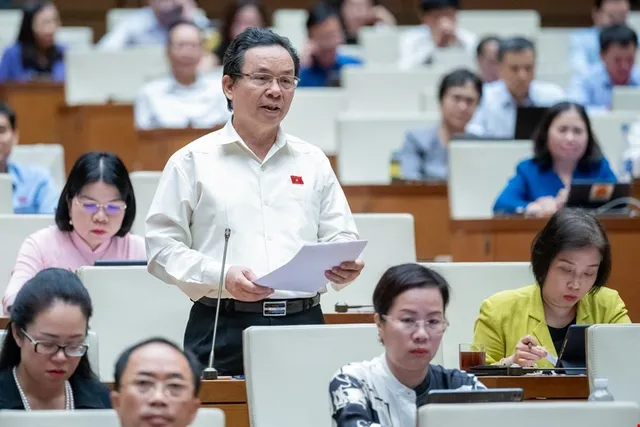
According to Mr. Cuong, the current tax rate is 10%. If compared to developed countries, it is not high, but compared to countries in the region such as Japan and Korea, it is equivalent, even higher than Singapore...
According to the delegate, VAT is a tax applied to consumers, not to producers. "However, when the price of goods increases, the consumption of goods will decrease, thereby affecting producers, and the impact on producers will directly affect the production sector," Mr. Cuong said, and stated that in order to recover the economy , in the past 2 years, taxes had to be reduced to stimulate production.
"Therefore, we should not consider increasing budget revenue by adjusting VAT. If we want to increase budget revenue, I suggest studying property tax and environmental protection tax," delegate Hoang Van Cuong emphasized.
Consider adding some taxable groups
Meanwhile, delegate Tran Anh Tuan ( Ho Chi Minh City delegation) said that we are currently implementing Resolution No. 43 of the National Assembly on fiscal and monetary policies to support the Socio-Economic Recovery and Development Program. That is, we are implementing an expansionary fiscal policy in the direction of continuing to reduce taxes (2% tax reduction until the end of 2024). In addition, there will continue to be measures to stimulate consumption and production until the end of 2025, then the growth rate will be maintained well.
However, according to the delegate, the amendment of the law to increase the tax rate from 0% to 5% as in the draft law for some goods that are inputs for production. Thus, enterprises producing these goods will reduce their competitiveness, causing inflationary pressure on consumer goods, affecting people's lives. The design of these two policies can easily cause policy conflicts when implementing an expansionary fiscal policy but introducing new taxable subjects, which will reduce the expansionary fiscal policy we are implementing.
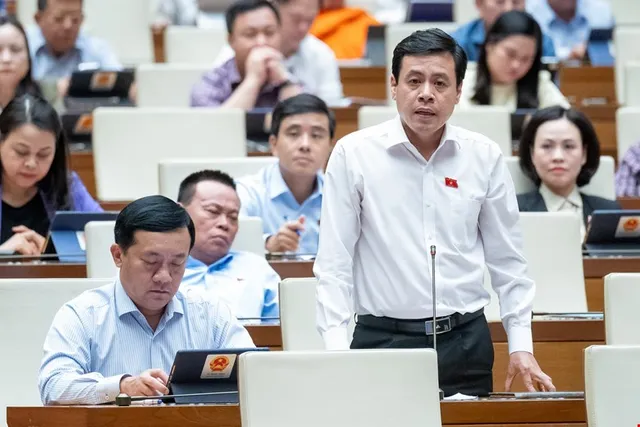
Therefore, delegate Tran Anh Tuan said that it is necessary to design policies according to a roadmap, especially for agricultural products, it is necessary to recalculate reasonable tax policies, possibly including a 0% tax rate instead of 5% as in the draft law so that businesses can deduct taxes, but output food products are not under pressure to increase prices, while still implementing a better, more effective and efficient expansionary fiscal policy.
In addition, the delegate said that the draft law has not yet designed a roadmap for implementation. Moreover, from now until the end of 2025, we need to continue implementing expansionary fiscal policies, in which fiscal policies still have a lot of room. Therefore, it is necessary to design in the direction of assigning the Government to include taxable subjects in accordance with the tax reform roadmap, but there needs to be an implementation time appropriate to the actual situation.
Need a neutral tax
Speaking at the meeting, delegate Trinh Xuan An (Dong Nai delegation) said that this is a tax law project related to 25% of budget revenue, related to all subjects, so there needs to be a neutral and objective tax to build a strong financial foundation.
"We must be very calm when evaluating the issues proposed by the Government. I think the Government's proposal of a 5% tax on fertilizers and agricultural products is well-founded. We must evaluate many aspects and analyze thoroughly to avoid people watching and evaluating how the National Assembly and the Government make policies that cause damage to millions of farmers," said Mr. An.
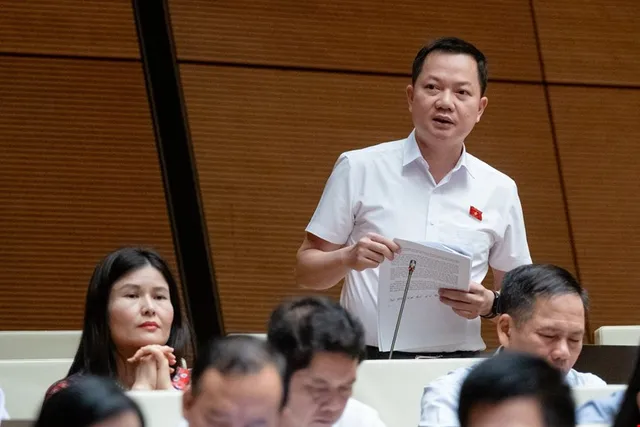
Delegate Trinh Xuan An asked to clarify whether the recent increase in fertilizer prices was due to tax increases. Mr. An said that this was not true. The increase in fertilizer prices was due to input costs, materials, etc. Therefore, if the tax rate on this item is increased to 5%, it needs to be evaluated very carefully.
"If businesses are allowed to deduct this 5%, they can invest in further expansion. If domestic fertilizer prices can compete with imported prices, people will benefit, not suffer losses," the delegate analyzed.
To support people and businesses, many different solutions and policies are needed. Delegate Trinh Xuan An suggested that this issue needs to be carefully studied and evaluated. The delegate disagreed with the proposal to deduct or bring the tax rate to 0%.
"We need to choose a suitable solution. It is necessary for the Government to develop criteria to clearly determine which items are not subject to tax, which items are 0%, and which items are 10%," delegate Trinh Xuan An stated.
According to Thuy An/VTV
Source: https://doanhnghiepvn.vn/kinh-te/-khong-nen-tang-thu-ngan-sach-bang-viec-dieu-chinh-thue-vat/20240625092728916




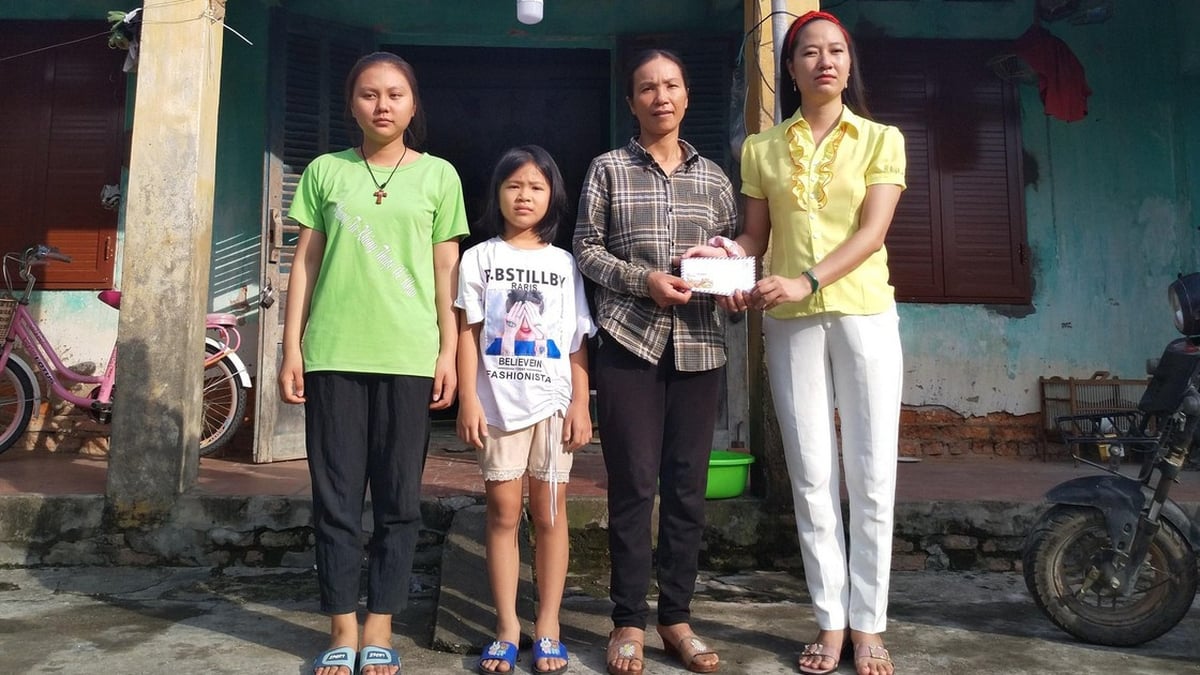

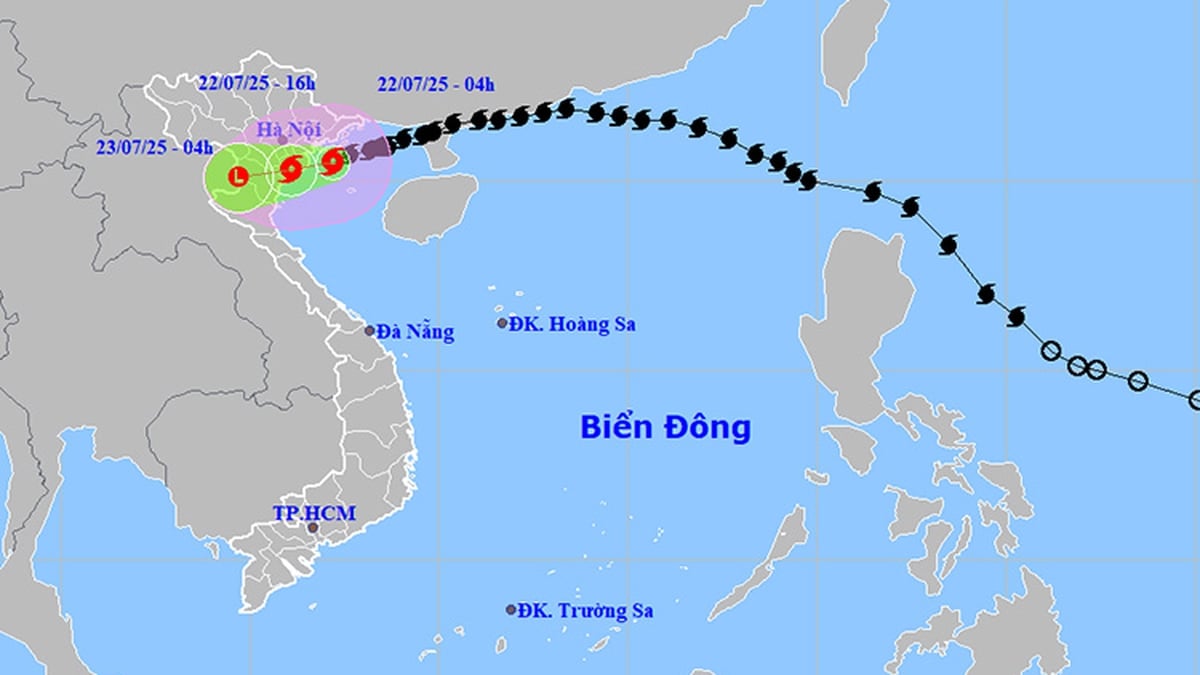




















![[Photo] National Assembly Chairman Tran Thanh Man visits Vietnamese Heroic Mother Ta Thi Tran](https://vphoto.vietnam.vn/thumb/1200x675/vietnam/resource/IMAGE/2025/7/20/765c0bd057dd44ad83ab89fe0255b783)


















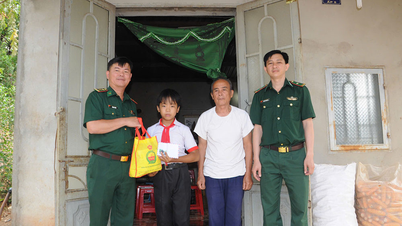
























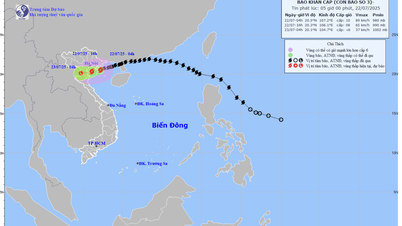






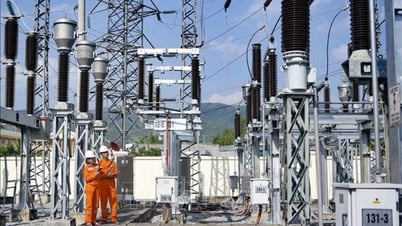

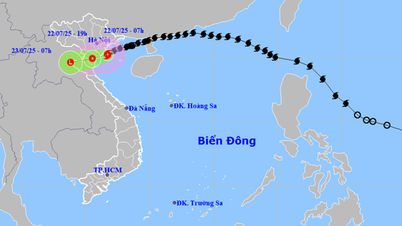























Comment (0)